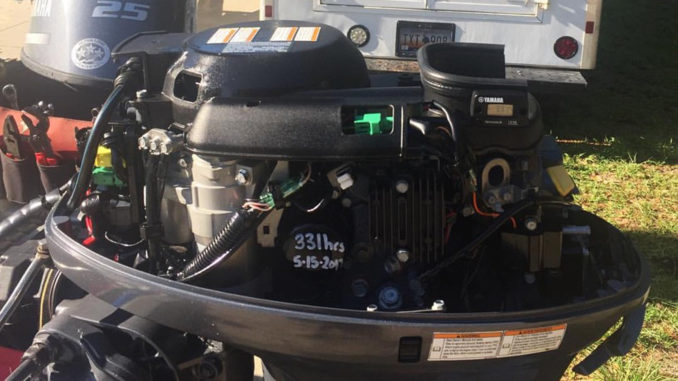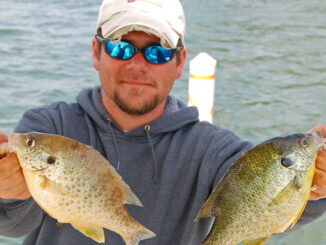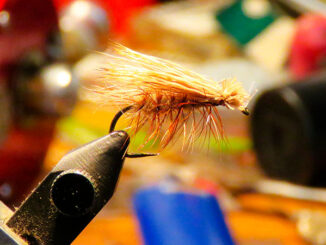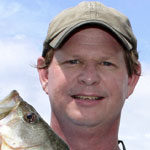
Take care of your outboard before it sits idle
Winter is upon us, and with it, shorter days and cooler weather. While some anglers continue to fish whenever the weather permits, many anglers opt to park their boats and sit out the next few months.
Ask Manning Turner of Manning’s Boat Service in Pawleys Island, S.C., and he’ll tell you the best way to care for your outboard throughout the winter is to use it as often as possible. Nothing is worse than having it sitting still for an extended period of time, but he realizes it’s just not feasible for some folks.
It’s not until the spring that Turner sees what happens to customers who don’t properly prepare their outboards for winter storage. Spring is when most boat owners realize they should have taken better care of matters before parking their boats.
“When those first few warm days of spring hit, you want to get on the water. The last thing you want to do is worry about whether your outboard is going to crank or not,” said Turner (843-485-7080).
Spring is also a busy time for outboard shops, because so many people don’t properly winterize their motors, so the shops are crowded, making it even longer for you to get on the water.
All outboard manufacturers have winterizing procedures on their websites and in their manuals, and while you may find some slight differences between two-stroke and four-stroke procedures — and even between brands — a few steps are common among all types of outboards.
• Drain and refill all outboard oil, especially if you’ll be laying it up for the winter. This allows you to see if any problems exist. If the oil isn’t discolored, that’s a good sign, but a milky white color means you’ve got water where it shouldn’t be. It’s best to know this and get it fixed now.
• Pull your propeller off and check the seal. While you’re fishing, it’s not uncommon to run over fishing line, and it can get tangled in your prop. It’s typically cut immediately and remains unnoticed until the little strands that are sucked in eat away at the seal, causing problems you don’t want to deal with once prime fishing rolls around again. Lube the prop shaft while you’re at it, then reinstall the propeller.
• Clean and/or change your fuel filter. These are relatively inexpensive parts, and if any water is in your filter, you’ll want to discard it.
• Add fuel stabilizer to your gas tank. Most manufacturers have their own brands of stabilizer, which includes fogging oil, stabilizer compounds, and conditioners.
• Flush your motor. With a water hose and motor flusher connected to your outboard’s water intake, start the motor, run it for 10 minutes, then rev the engine until you see smoke exit through the hub of the prop. Now, trim your motor all the way down so any remaining water empties out of the foot.
• Charge your battery fully. It’s not a bad idea to remove it and keep it inside a garage or storage shed. The less it is impacted by the cold temperatures of winter, the longer it will last.
• Spray hoses and components. All the small rubber hoses and other components inside the motor can get brittle and crack with long exposure to the cold. Spray them with a silicone engine protectant and lubricant.
• Lubricate the grease fittings. Break out the grease gun and lubricate all grease fittings with marine grease. You may have anywhere from two to eight grease fittings, depending on the size and model of your outboard. While you’ve got the grease gun out, lube up your trailer bearings, too.
• Protect the tires. You’ll do your trailer tires a favor by keeping them off the bare ground all winter. Parking on a concrete slab is best, but blocks off wood, bricks, or gravel are better than grass or dirt. If you use wooden blocks or bricks, make sure they are wide enough that the tires sit flush and don’t sag on the sides.





Be the first to comment